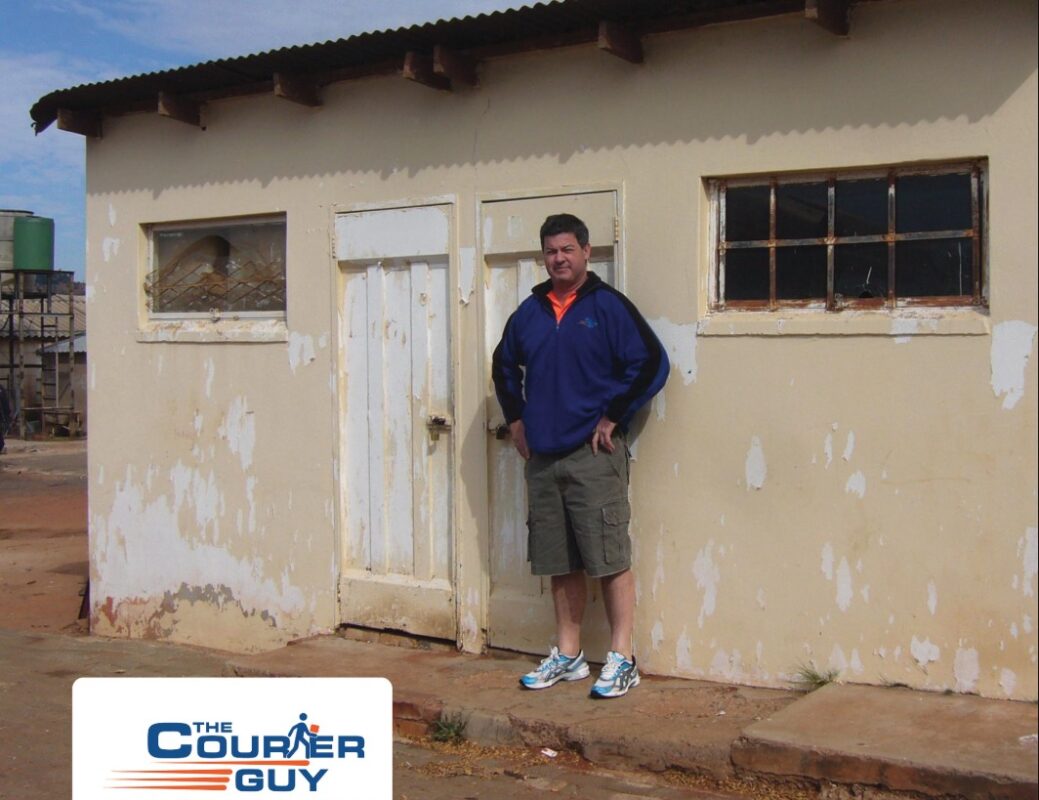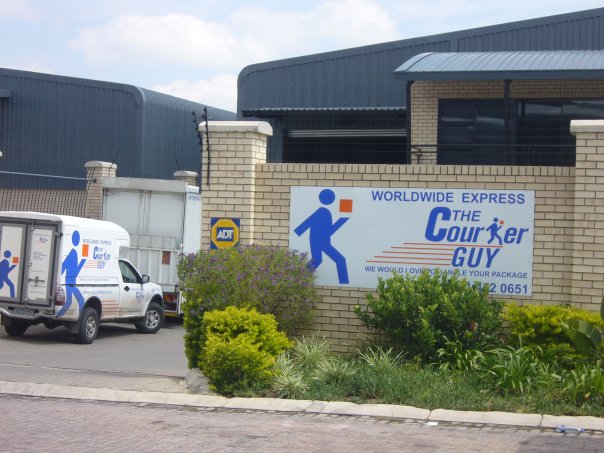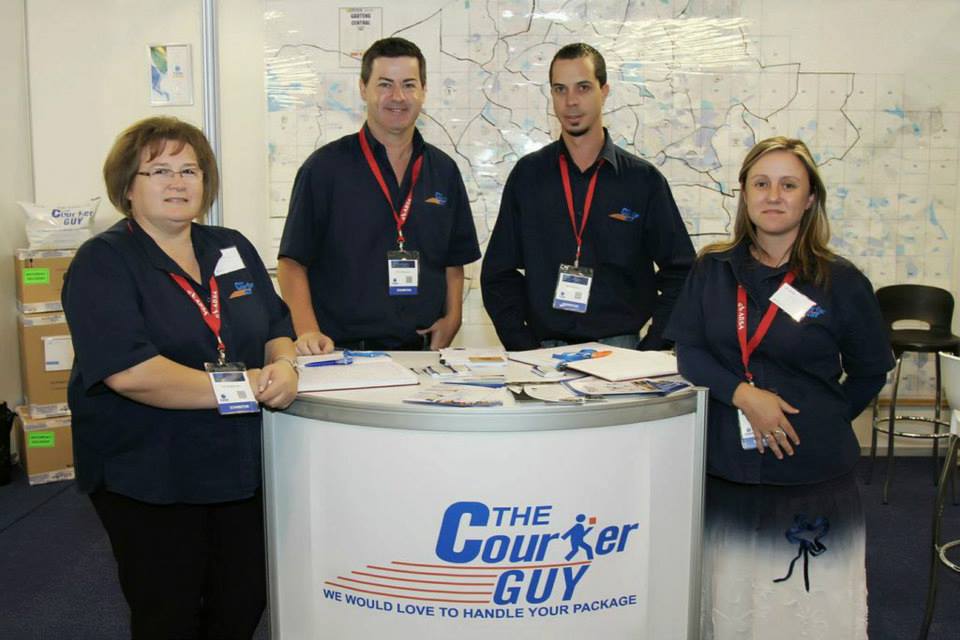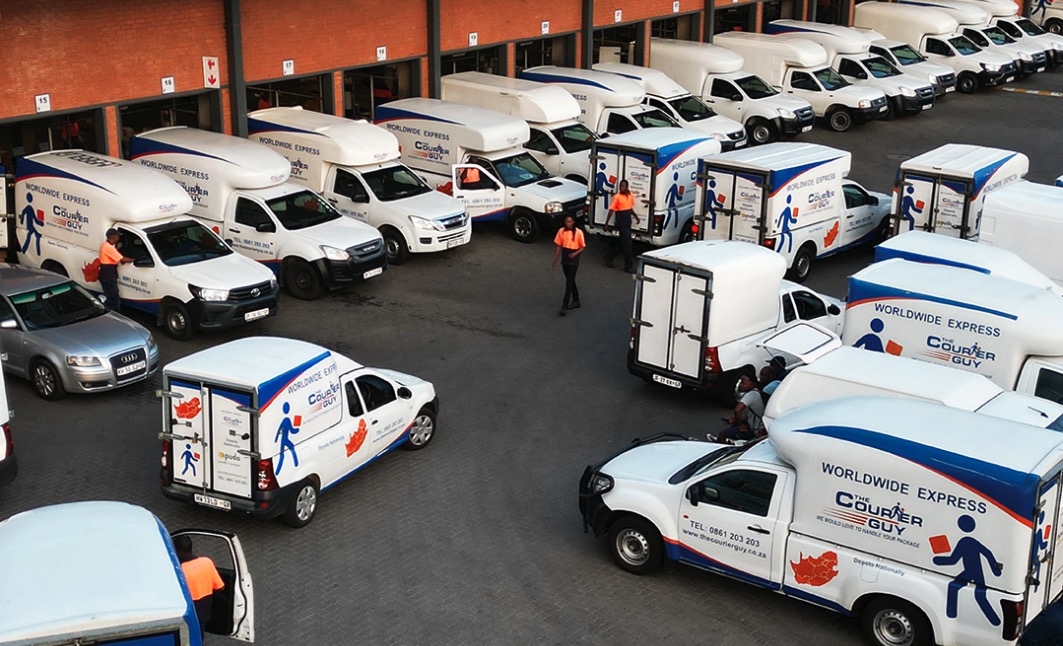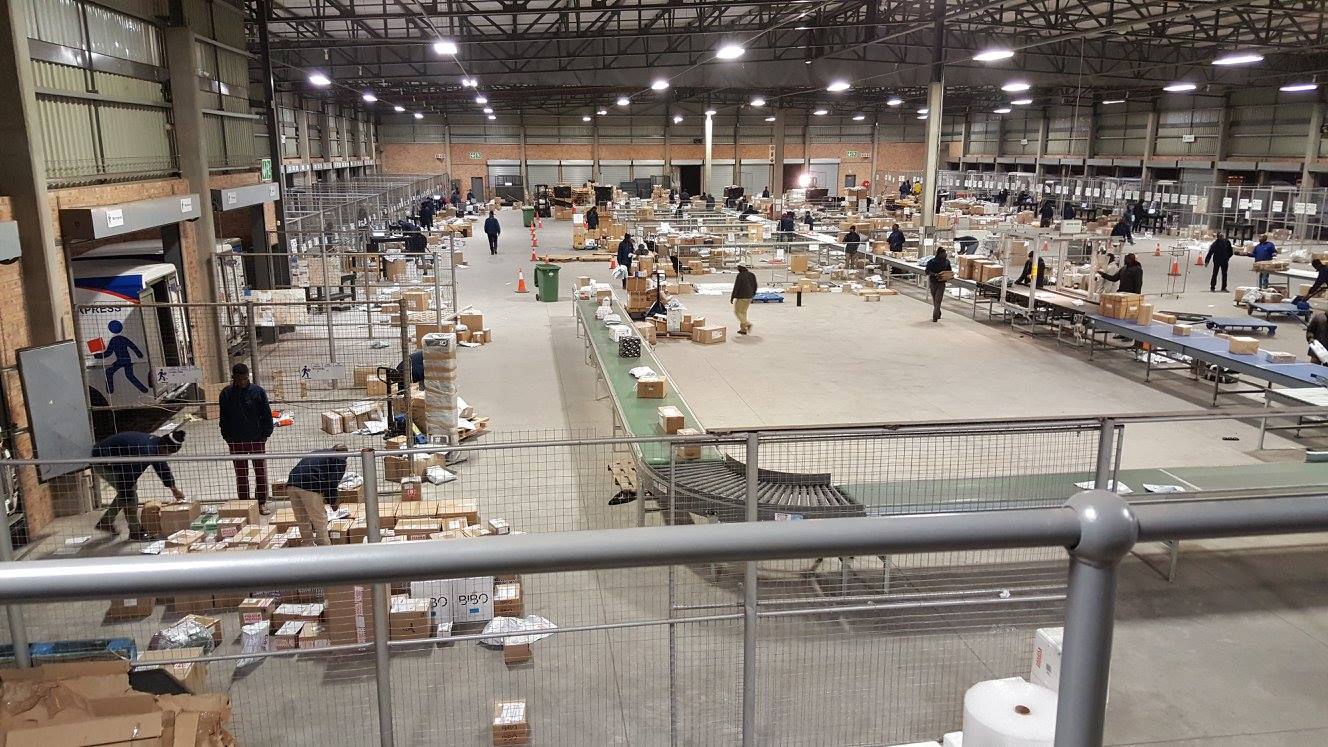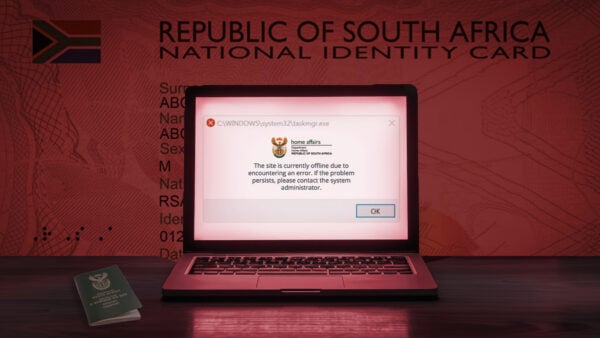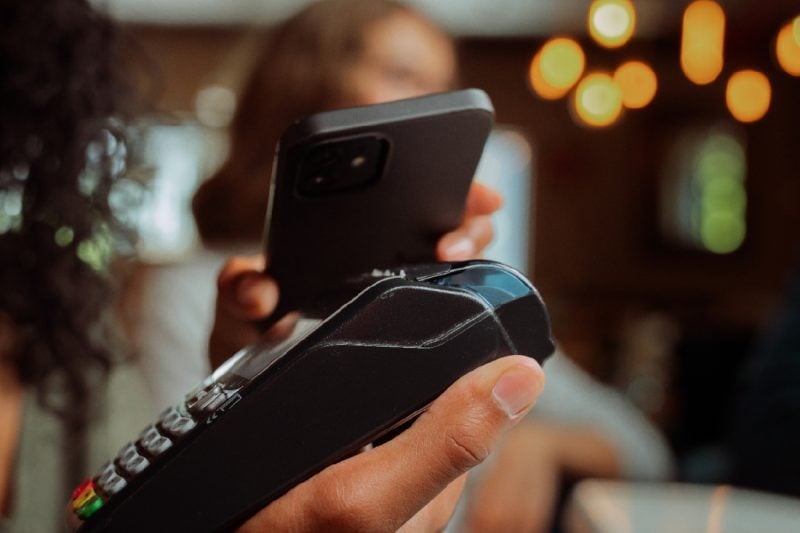The man who started a South African delivery giant while living in a maid’s room
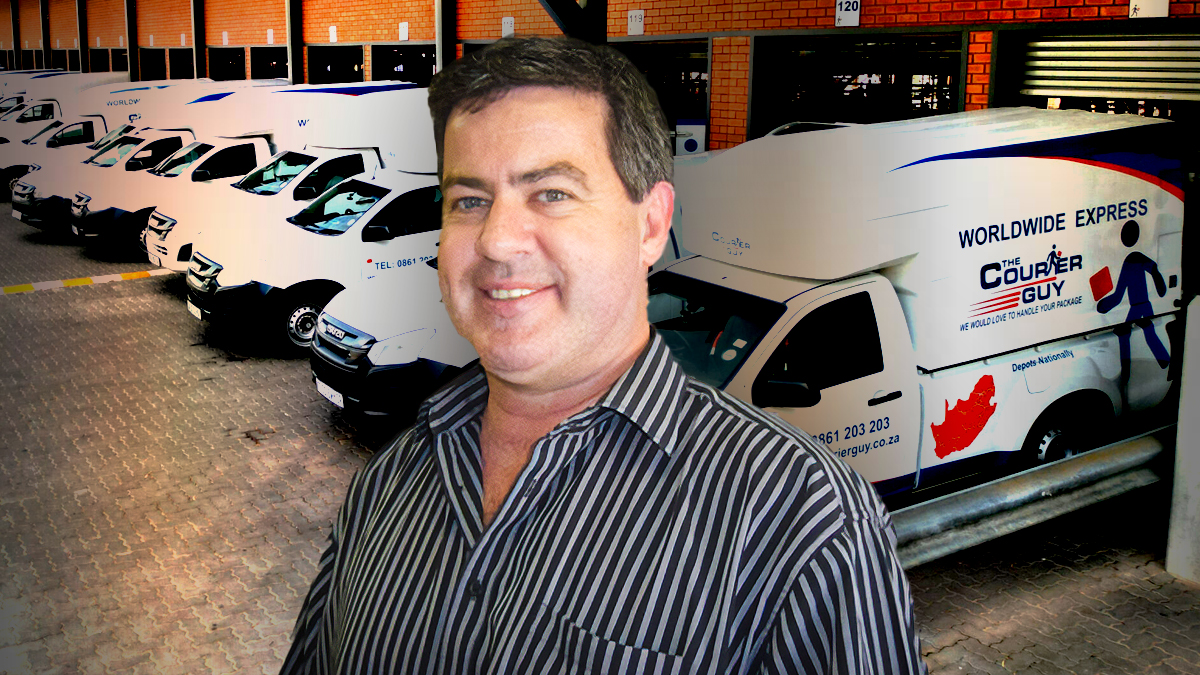
Stephen Gleisner is the founder of The Courier Guy, one of South Africa’s most popular and widely-used e-commerce delivery services.
Gleisner’s life might have taken a completely different direction if not for a small family favour and a little white lie while he struggled to figure out what to do with his life.
In a podcast interview with Warrick Kernes, Gleisner explained after completing his compulsory military service in the early 1990s, he began working in the restaurant industry. The only qualification he held before beginning his career was matric.
He held various managerial and operational positions at franchises such as McDonald’s and Pleasure Foods but found little fulfilment in those roles.
“I worked for a boss, giving them 18 hours a day and didn’t have control over my own future,” Gleisner said.
Gleisner sold everything he owned and bought a motorcycle with a plan to travel to Mozambique and figure out his next career move.
While waiting for his visa to be approved, he was living in a maid’s quarters in Randburg.
He explained he was quietly pushing his motorcycle into the yard late at night and out again very early in the morning to avoid running into the landlord over late rent payments.
Just before he planned to leave the country, Gleisner’s cousin asked him for a favour that would completely alter his life journey.
She asked Gleisner to help deliver a sample to a printing company in New Doornfontein as her courier kept letting her down.
As he had nothing else going on at the time and the delivery would earn him R20, he collected the sample and drove to the printers.
While explaining the sample’s layout and where the logo needed to be printed, an employee at the printers asked Gleisner whether he was the courier.
“I didn’t want to go ‘no, I’m helping my cousin for R20.’ To get through the ordeal, I said I was the courier,” he said.
The printer then asked Gleisner whether he could also drop something off in Sandton for the R20 delivery fee.
“He took my number just in case he wanted to get hold of me to see where I was,” Gleisner said.
The next day, Gleisner received a phone call asking if he was “the courier guy” and would make another delivery for R20.
“I said ‘Yes, I do’ and never got to Mozambique. That’s how it all started — on one motorbike, knowing nothing about couriers.”
“I was running from house to house doing logistics for all these housewives.”
Gleisner founded The Courier Guy in 2000 and was managing director and majority owner until March 2024, when the company was sold to Adenia Capital.
His leadership took the company from a small upstart to a competitor of major international services and the Post Office. As of early 2025, the company had 22 depots and over 200 kiosks.
It also runs one of the biggest locker collection services — Pudo — which has grown to over 1,200 locations.
The Covid-19 pandemic’s boost to e-commerce helped accelerate the company’s growth in the past few years.
In 2021, it completed 12.5 million deliveries — averaging over 34,200 per day. By 2023, that had increased to 16.5 million deliveries, working out to roughly 45,200 daily.
As of 2024, The Courier Guy employed 7,400 people — including 2,500 drivers — and its new owners planned to hire another 2,800 staff.
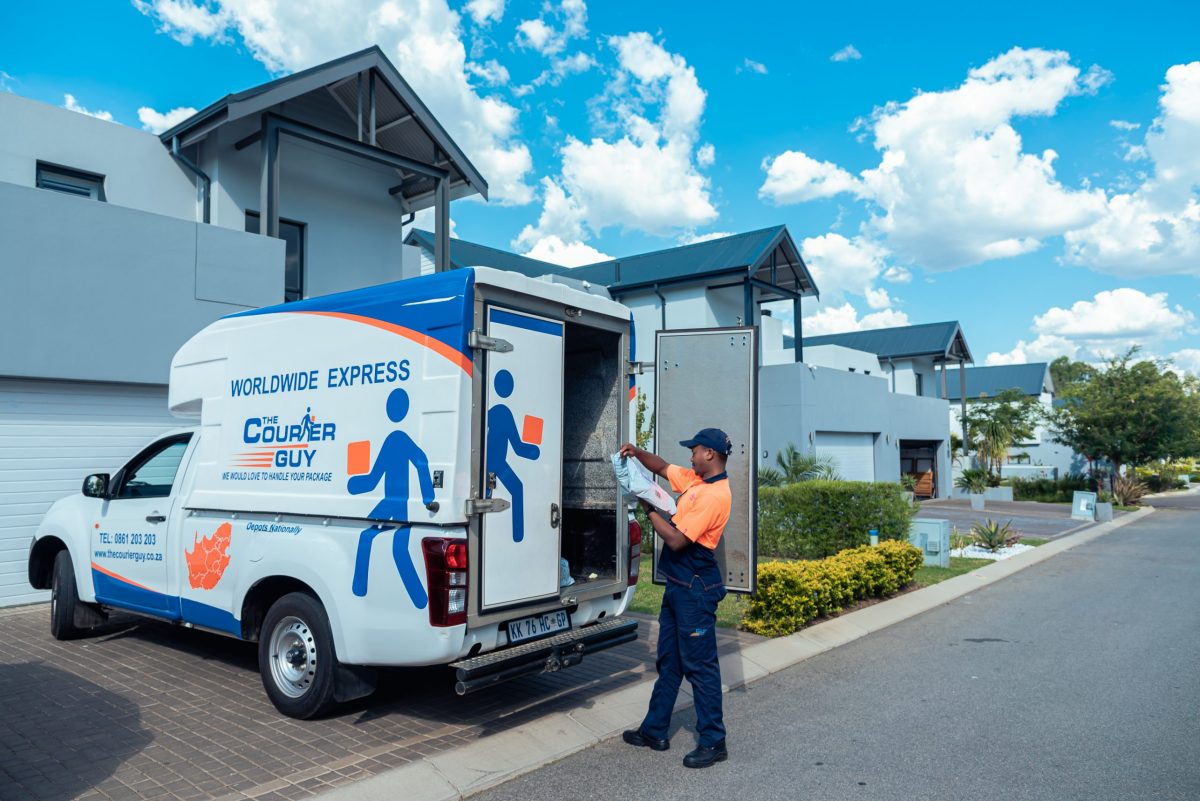
Turning over billions
There is little publicly available information about The Courier Guy’s profits, revenues, or market value.
A report from Proparco, one of The Courier Guy’s new shareholders, said the company’s annual turnover was around $100 million (R1.85 billion) in 2023.
Based on those figures, Gleisner would likely have netted hundreds of millions of rand in the sale to Adenia.
Gleisner believes that The Courier Guy’s success was due to its understanding of the needs of customers and people running businesses from home.
“Every driver of ours is actually the face of The Courier Guy,” he said. “One courier guy manages one little area and looks after his client base, and they get to know their courier guy.”
Gleisner’s advice to aspiring entrepreneurs is that qualifications are less important than passion and knowledge for the product and customers’ needs.
“Realise that for the next five years, you are going to put everything into this business. It’s not gonna happen in one or two years, otherwise everybody would be in business,” he said.
Gleisner also said multiple companies can offer a product, but the business can nonetheless be successful if some aspect of its offering is unique and gives it a market edge.
He added that it was completely normal to experience failures at some points. The key was to keep evolving to effectively address issues rather than stagnating.
“I kept on coming up with new ideas in courier like kiosk lockers and owner-driver schemes. Don’t stay the same — keep ahead of the pack,” he said.
“It doesn’t matter if you are facing DHL or Fedex, it means nothing to the customer. They just want the service and the product you have promised at a decent price.”
